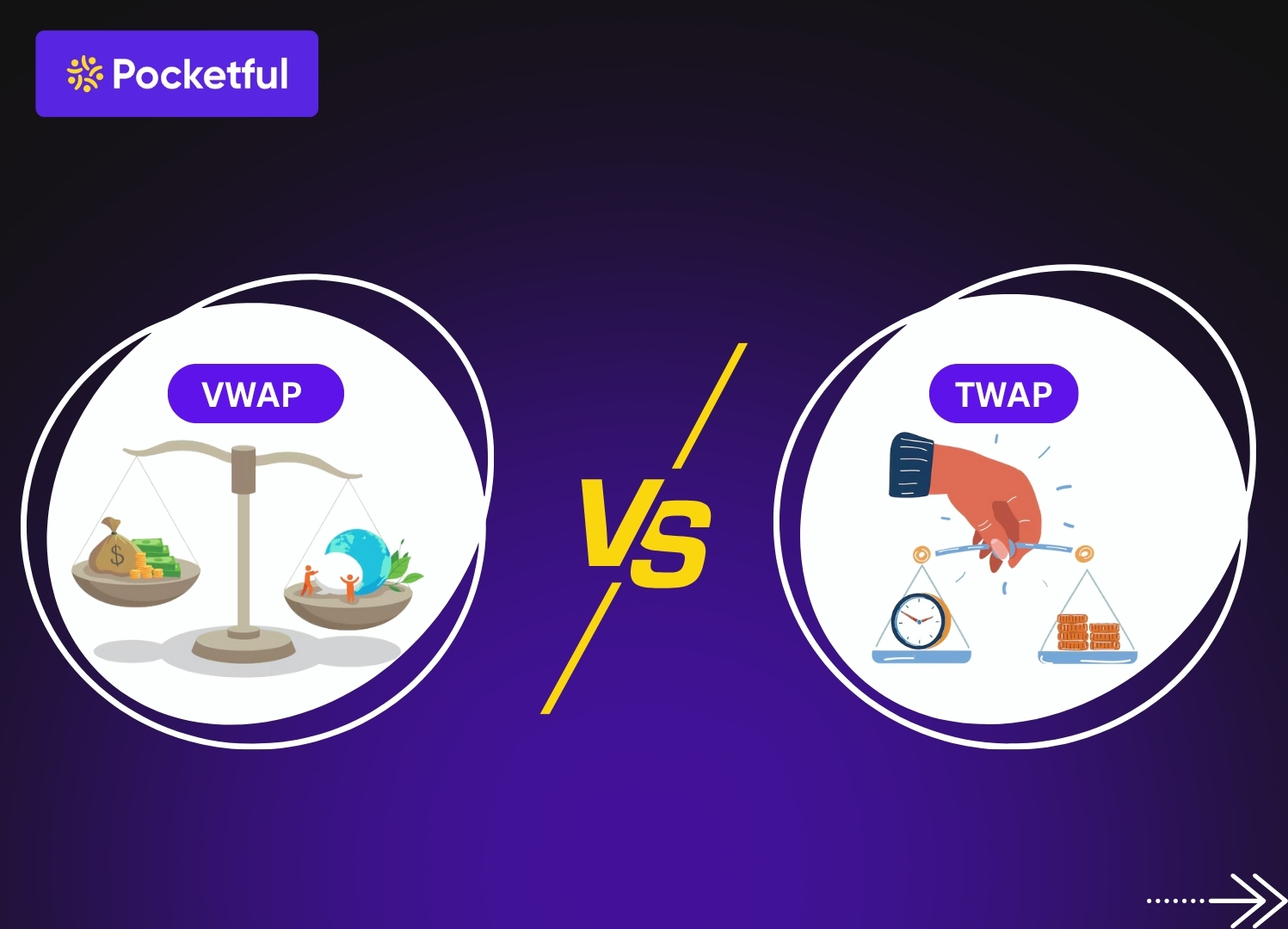We generally witness that investors generally buy or sell shares in the stock market. But have you ever thought how big traders like mutual funds or large financial institutions trade in massive quantities worth crores. This does not happen using simple traders like a general investor; rather they use two special methods known as Bulk Deals and Block Deals. Bulk deals are generally a large quantity buying and selling of shares during the market hours which can even affect the stock price to move up or down. However Block Deals are pre-arranged private trades between two parties, this also avoids price fluctuations in the market. In this blog we will understand the key differences between bulk deal and block deals, as well as what are Bulk deals and what are Block deals.
Overview of Bulk Deals
Bulk deals are those deals where the total shares bought or sold by the trader is more than 0.5% of the total company shares. This is exactly a normal trade of the market that takes place on the regular trading platforms during the market hours (09:15 Am to 03:30 Pm) at the market rate of the share at that time in the market. As the shares are bought in bulk the broker reports it to the stock exchange after market closure, this information is then made public for everyone by the broker, this data is published by NSE and BSE which tells the general public who bought the shares? Or sold the shares and At what price?
Bulk deals can lead to fluctuations in the stock prices, a large buy order can cause the price to go up and a large sell order can pull down the price of the share.
Overview of Block Deals
Block trades are generally bigger than the bulk trades which are done strategically. To qualify for a Block Deals, a single transaction must involve at least shares worth Rs.10cr or 5,00,000 shares. This minimum limit was earlier Rs.5 cr but in 2017 it was updated by SEBI with at least a minimum transaction limit of Rs.10 cr.
Block deals do not take place during regular market trading hours, they are done in a separate private window, usually before the market opens (08:45 Am to 09:00 Am). The price is decided between the buyer and the seller beforehand. However, to prevent manipulation, this price must be within plus or minus 1% of the recent share prices in the market. Block Deals are executed in one go if the buyer opts to buy 5,00,000 shares then it must be done fully and if not executed within 90 seconds the order gets cancelled.
Read Also: Differences Between MTF and Loan Against Shares
Block Deals Vs Bulk Deals
| Feature | Bulk Deal | Block Deal |
|---|---|---|
| Definition | A trade of more than 0.5% of a company’s total shares. | A single trade of at least 5 lakh shares OR above Rs.10 crore in value. |
| Trading Time | Normal market hours (09:15 Am to 03:30 PM). | Special, short windows before market hours (08:45 Am to 09:00 Am). |
| Execution Platform | Regular trading platforms. | A separate private window for trading. |
| Price Determination | The live market price at the time of the trade. | A pre-agreed price within a + or – 1% range of the market price. |
| Market Visibility | Visible to everyone on the live order book. | Not visible to the market in real-time. |
| Disclosure to Public | Done on the same day after market closure. | Done on the same day after market closure. |
| Primary Purpose | Flexibility, reacting to news, portfolio adjustments. | Strategic moves, large entry/exit with minimal price impact. |
| Immediate Price Impact | High potential to cause price swings. | Minimal, as the trade is done privately. |
| Participant Access | Mostly institutions, but technically open to anyone meeting the 0.5% threshold. | Exclusively for large institutions and promoters; inaccessible to retail investors |
Advantages of Bulk Trading
- Trade Anytime: Traders can flexibly trade during the market hours and can easily react to news or changing market conditions.
- Signals Optimism: As all these deals are publicly done, they can signal confidence in the invested share and vice versa in case of selling of stocks. Knowing that a well-known fund has bought a large stake in a company, tells the market they’re optimistic, resulting in attracting more investors.
- Efficient: Executing a large trade in one go can be more efficient and potentially cheaper as you pay charges on the one time buy and sell of share to your broker compared to multiple fees for multiple trades.
Read Also: ETF vs Index Fund: Key Differences You Must Know
Advantages of Block trading
- Avoid Market Fluctuations: As this trade takes place privately which does not affect the market prices directly, keeping the situation stable for everyone.
- Guaranteed Execution: The price and quantity are pre decided and locked by both the parties, which minimizes the sudden risk of price movements during the trades.
- Lowkey Trading: As deals are done during a private window and it is not visible during live market hours, it allows institutions to buy or sell large stakes without tipping off other traders and affecting the price.
Conclusion
For you as a retail investor, the difference between bulk and block deals is more than just a technical detail. It’s a peek into the minds of the market’s biggest players. This concept gives you an insight about how the price movements take place in the financial market, thus enhancing your understanding of the institution sentiment and helps in making informed decisions.
Frequently Asked Questions (FAQs)
How can Bulk deals and block deals be differentiated?
One can easily differentiate from the execution time as bulk deals take place during market hours and block deals are done privately.
Can I invest in these deals?
Individual traders generally cannot take part in these deals, though you can participate in the bulk deal if your trade is over 0.5% of the total company shares.
Can information related to these deals be accessed?
Yes, you can easily find the information related to these deals on NSE and BSE websites as they publish daily reports on all Bulk and Block Deals.
Can I invest looking at the reports of these deals?
Although these deals give investors a strong positive sign but this should not be the sole criteria, one should do their own research before putting their valuable funds.
Why do we need two different systems for large trades?
Two different systems are created because they have two different needs, where Bulk deals are for investors looking for flexibility and block deals are for those investors who are certain about their trades.










